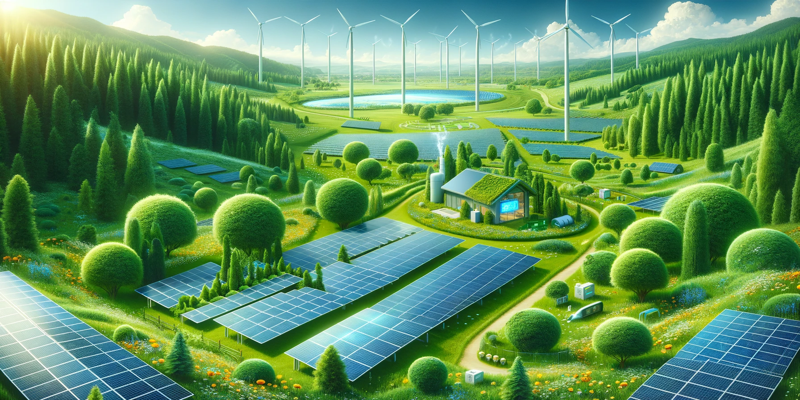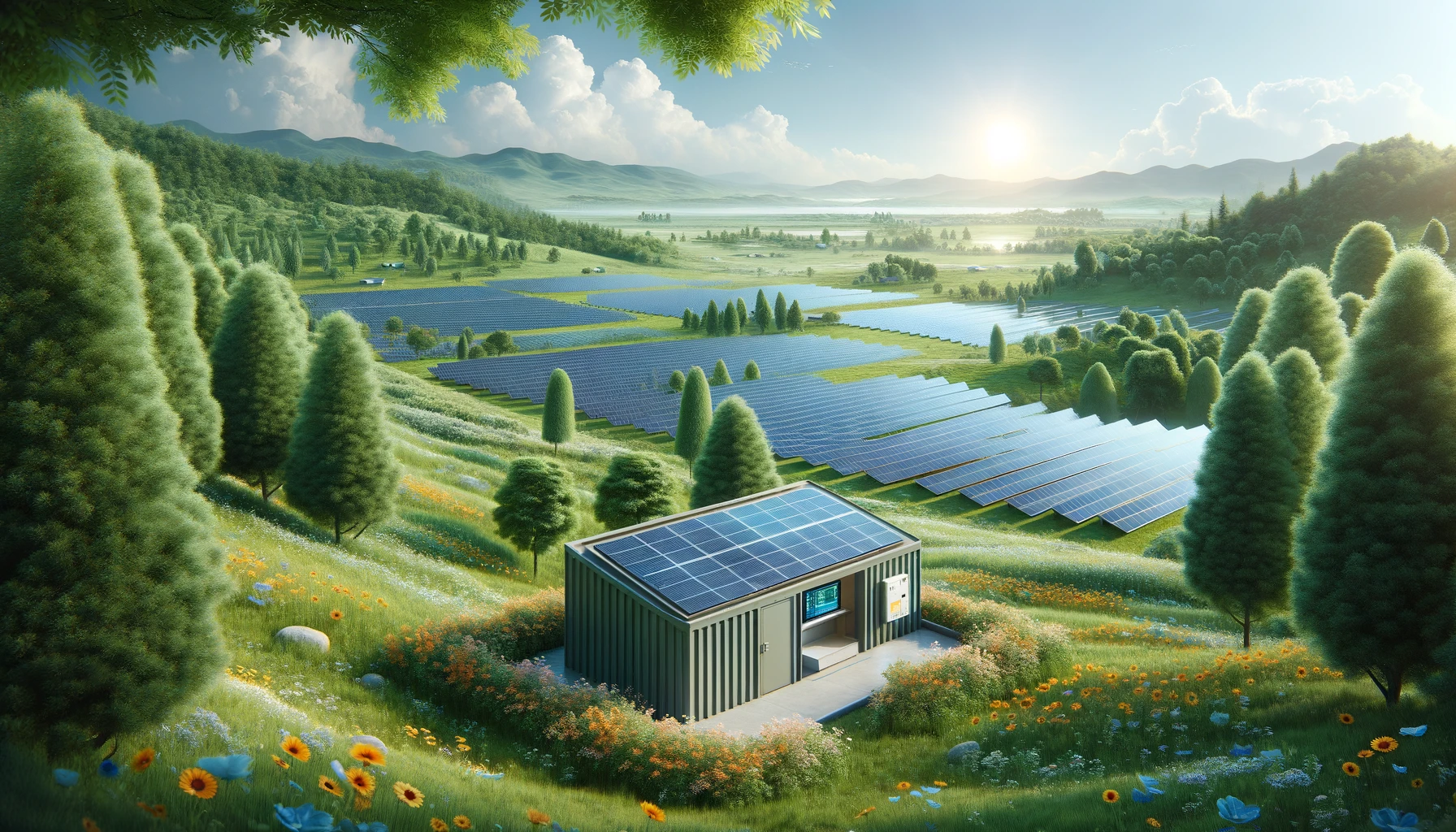Solar Energy is a form of renewable energy derived from the sun’s radiation. It refers to the process of harnessing sunlight and converting it into usable energy for various applications. Solar energy is one of the cleanest and most abundant sources of power available, offering a sustainable alternative to traditional fossil fuels.

The utilization of solar energy brings numerous benefits. By tapping into this renewable resource, we can reduce our carbon footprint, mitigate the effects of climate change, and promote a greener future. Solar energy is a key component of the transition towards a more sustainable energy mix.
Energy storage plays a vital role in optimizing the use of solar energy. By implementing energy storage systems, like batteries, excess energy generated from solar panels can be stored for later use during periods of low sunlight or high demand. This integration of solar energy with energy storage enhances reliability and maximizes the utilization of clean energy.
To fully explore the potential of solar energy, it is crucial to understand its relationship with other aspects of the energy sector. Topics such as energy consumption, smart grid, energy generation, and energy transportation and distribution are closely linked to solar energy. By implementing efficient energy consumption practices, enhancing smart grid technologies, and optimizing energy generation and energy transportation and distribution, we can create a more resilient and sustainable energy infrastructure.

